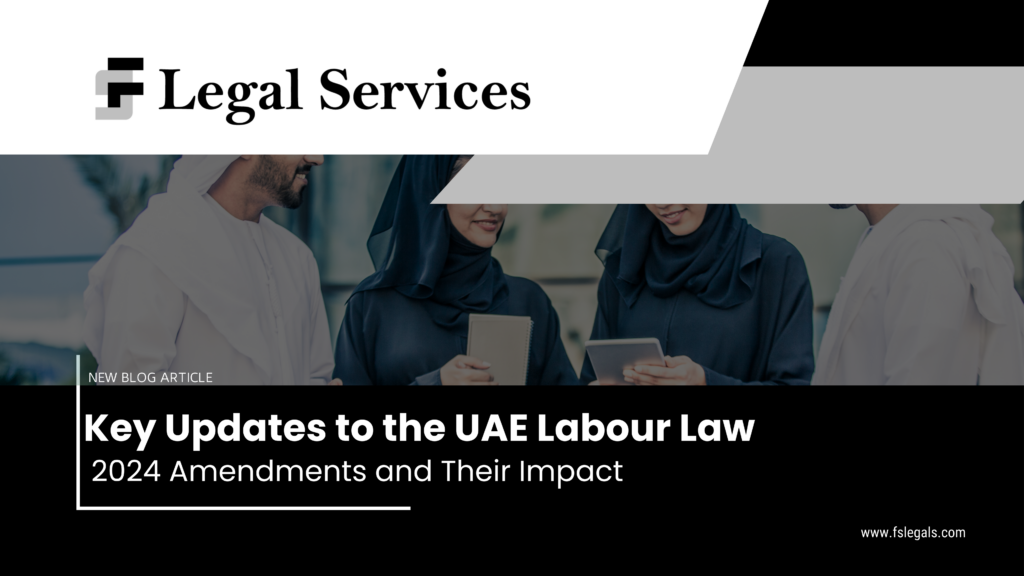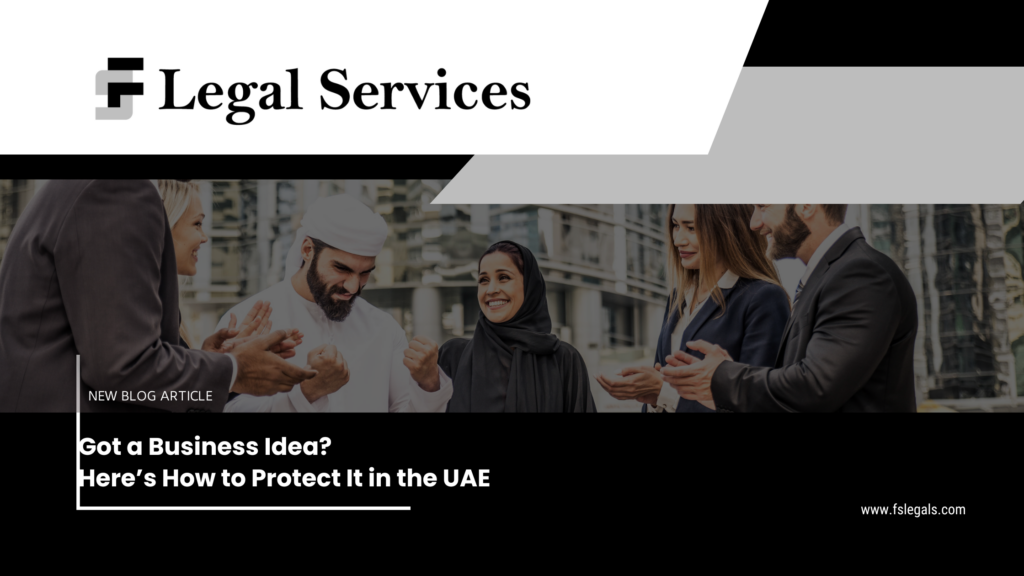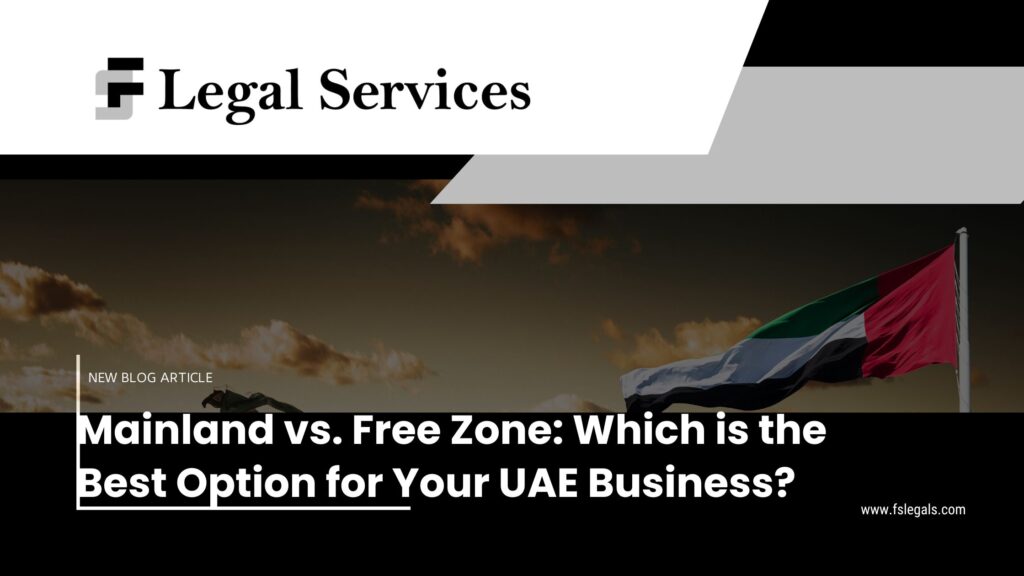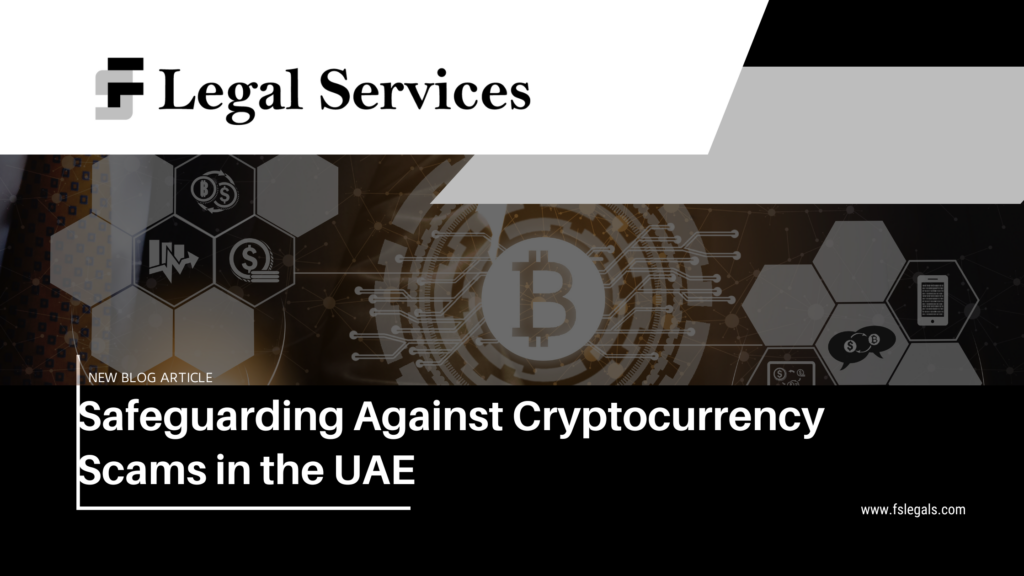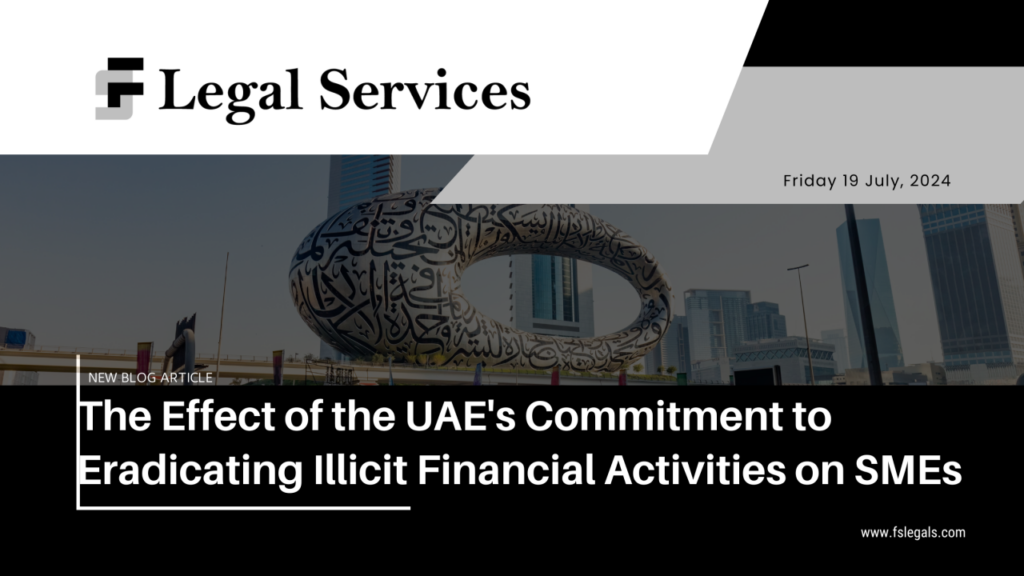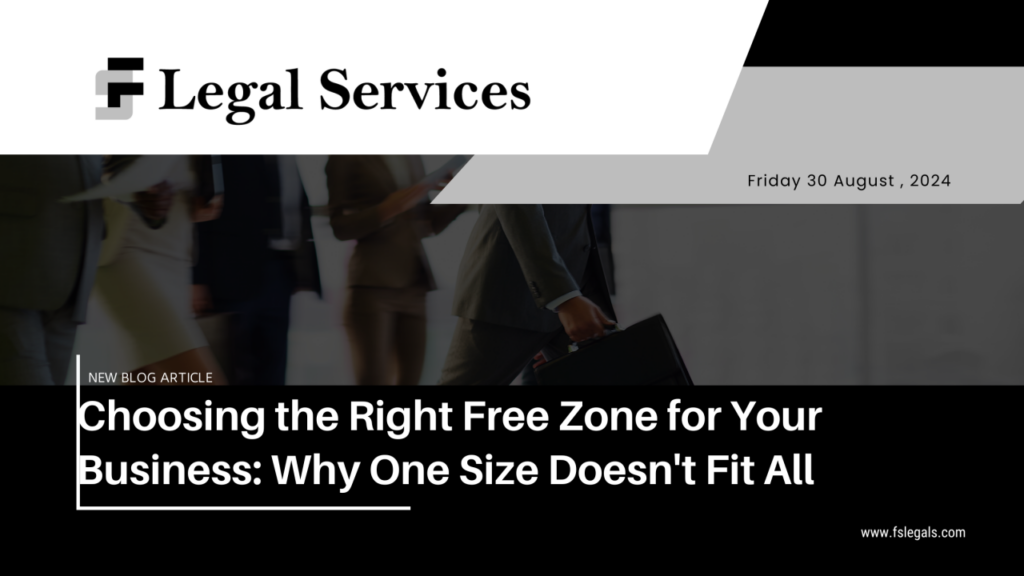Artificial Intelligence (AI) is reshaping industries globally, and e-commerce in the UAE is at the forefront of this transformation. The UAE’s strategic vision and regulatory advancements are setting new benchmarks for AI integration, impacting everything from customer experiences to market competition. Introduction and Trends In recent years, the UAE has emerged as a prominent player in AI, big data, and machine learning. The nation’s ambition to become a global AI hub by 2031 is reflected in its National Strategy for Artificial Intelligence 2031, which aligns with the broader Centennial 2071 vision. This strategy focuses on integrating AI across key sectors, such as logistics, energy, tourism, healthcare, and cybersecurity. One major initiative is the establishment of the UAE AI Seal, which signifies excellence and compliance in AI applications. This highlights the UAE’s commitment to maintaining high standards of AI quality, reliability, and ethical practices. The creation of the AI and Blockchain Council is a further step towards ensuring that AI technologies meet ethical and privacy standards. As e-commerce continues to grow rapidly, AI is set to revolutionise the sector by enhancing personalisation, optimising operations, and driving growth. For example, the Dubai Health Authority’s use of Generative AI for predictive analytics in healthcare demonstrates AI’s potential to transform sectors, optimising efficiency and resource allocation. World Digital Competitiveness: UAE’s Digital Transformation The UAE’s ambition to lead in digital technologies is supported by its impressive performance in the World Digital Competitiveness Ranking 2023, where it ranks 12th out of 64 economies globally. This ranking reflects the UAE’s capacity and readiness to adopt digital technologies, such as AI, to drive economic transformation. The country consistently ranks highly in Technology (4th), showcasing its strong regulatory framework and technological infrastructure. These figures highlight the UAE’s ongoing efforts to foster a digital business environment, aligning with its strategic vision to become an AI hub by 2031. State of the Technology and Competitive Landscape The UAE’s regulatory framework is evolving to address the complexities introduced by AI. The UAE’s new Competition Law marks a major shift toward a more inclusive and effective competition framework, covering almost all economic activities, including those shaped by AI. It governs anti-competitive practices and merger controls, ensuring a fair and balanced market for AI-powered businesses. The law’s broader definitions of “economic activity” and “relevant market” now include the digital space, acknowledging its importance in competition. This regulatory approach fosters innovation while protecting market accessibility for new entrants, supporting a competitive landscape for AI-driven e-commerce ventures. Initiatives like the AI and Blockchain Council and AI Lab highlight the UAE’s commitment to building a robust AI ecosystem, aligning technological development with ethical standards and societal values. Regulatory Innovations and Responsibilities In September 2023, the Dubai International Financial Centre (DIFC) amended its Data Protection Regulations to tackle AI-related challenges. The revised Regulation 10 introduces obligations for entities deploying AI systems, requiring enhanced scrutiny and responsibility from both deployers and operators. Key aspects include transparency and accountability, mandating businesses to notify users about the technology used, its mechanisms, and implications for individual rights. This ensures ethical AI design, preventing biased algorithmic decisions and safeguarding data confidentiality. Additionally, the introduction of protocols for High-Risk Processing Activities sets rigorous standards to protect privacy and data security in AI applications. AI-Driven Personalisation and Customer Experience AI is transforming e-commerce by personalising customer experiences. By analysing buying patterns and preferences, AI tools offer tailored recommendations and targeted ads. However, businesses using these tools must comply with Federal Decree-Law No. 45 of 2021 on the Protection of Personal Data (PDPL), which mandates obtaining explicit consent before processing personal information. Compliance with these regulations is essential to safeguarding consumer privacy while implementing AI-driven personalisation. Predictive Analytics and Inventory Management AI plays an important role in enabling e-commerce businesses to streamline inventory management by analysing past data and market trends. This allows companies to accurately predict demand, leading to cost reductions and improved customer satisfaction. However, companies must exercise caution regarding data accuracy and intellectual property rights. Although the UAE Competition Law does not specifically mention AI, its provisions can be invoked if AI is used in ways that negatively affect market competition. The law provides a thorough framework aimed at protecting and promoting fair competition, while also addressing monopolistic practices. Article 5 of the law forbids agreements that undermine or restrict competition, such as price-fixing or limiting production. AI algorithms, particularly those used for pricing and market segmentation, could inadvertently result in these prohibited activities. For instance, if competing businesses use AI systems that independently create similar pricing models, this could fall under Article 5, even in the absence of explicit collusion. AI’s ability to boost a company’s market position also brings Article 6 into consideration, as this article prevents companies from exploiting their dominant position. Such exploitation could include unfair pricing practices, selling below cost to push out competitors, or discriminating against customers. Companies leveraging AI to gain or maintain dominance must be careful to comply with these regulations. Furthermore, Article 8 addresses AI-driven pricing models that aggressively undercut competitors, particularly if the goal is to drive them out of the market. The UAE Competition Law offers a strong legal framework to ensure fair market practices, and certain provisions could apply to the use of AI and algorithms. Companies utilising AI must ensure that their operations adhere to the law, fostering healthy competition while benefiting from AI’s potential. Enhanced Security and Fraud Prevention AI is a powerful tool in fraud prevention, detecting unusual transaction patterns and flagging potential risks in real-time. This enhances security for e-commerce platforms. The UAE Cybercrime Law (Federal Decree-Law No. 34 of 2021) requires businesses to adopt comprehensive security measures to protect user data and ensure compliance with legal standards. Augmented Reality and Virtual Try-Ons AI-powered augmented reality (AR) and virtual try-on technologies are significantly enhancing e-commerce by enabling customers to visualise products in real-time. These innovations help reduce return rates and improve customer satisfaction by providing interactive and immersive shopping experiences. However, they also introduce complex legal
